Blog AClímate: The digital agroclimatic information platform that learns from the past and makes stronger decisions for an agricultural future resilient to climate change
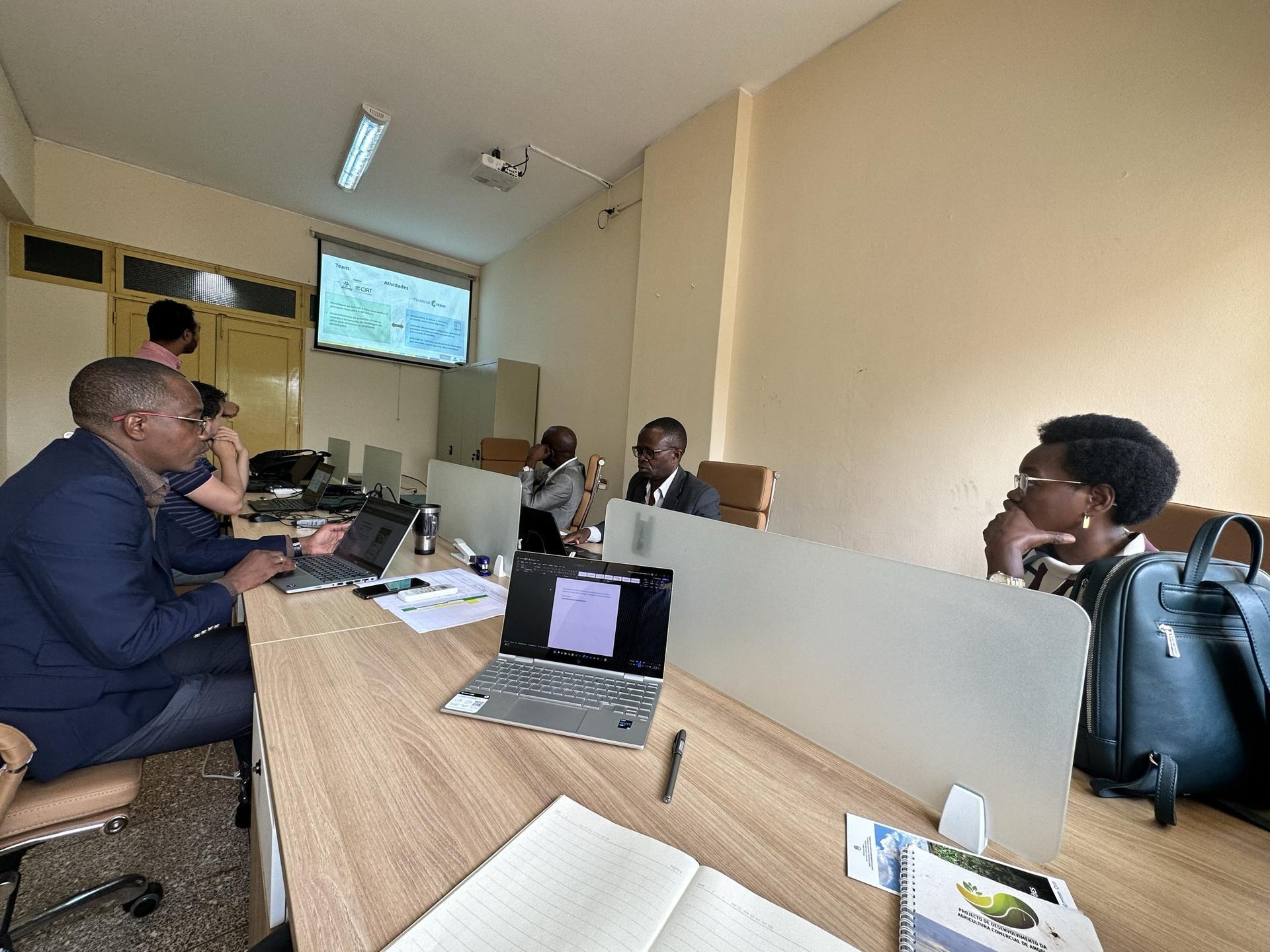
Authors: Daniela Arce - Climate Action Communications Coordinator for Latin America and the Caribbean and Camilo Barrios - Agroclimatic Crop Modeling Team Leader - Data Science, Climate Action
Angola has recently adopted AClimate as an essential tool to support public sector decision making in agriculture and food security. The platform generates specific agro-climatic information that contributes to the strategic planning and effective management of these sectors in the country.
What's the AClímate Angola platform?
On one hand, AClímate provides agro-climatic information from the past, helping potential users - especially government entities and financial institutions - to better understand the climatic risks affecting crop producing areas such as coffee, maize, soybeans and beans in the country. On the other hand, this platform provides seasonal agro-climatic forecasts with a range of up to six months, at the municipal level, which facilitates more accurate planning for crop management, allowing farmers to adapt their practices according to climate expectations.
In the words of Camilo Barrios, Senior Agroclimatic Modeling Scientist, AClímate becomes "a tool that allows us to learn from the past, understand the short-term future climate and, in this way, plan actions that maximize farmers' profitability".
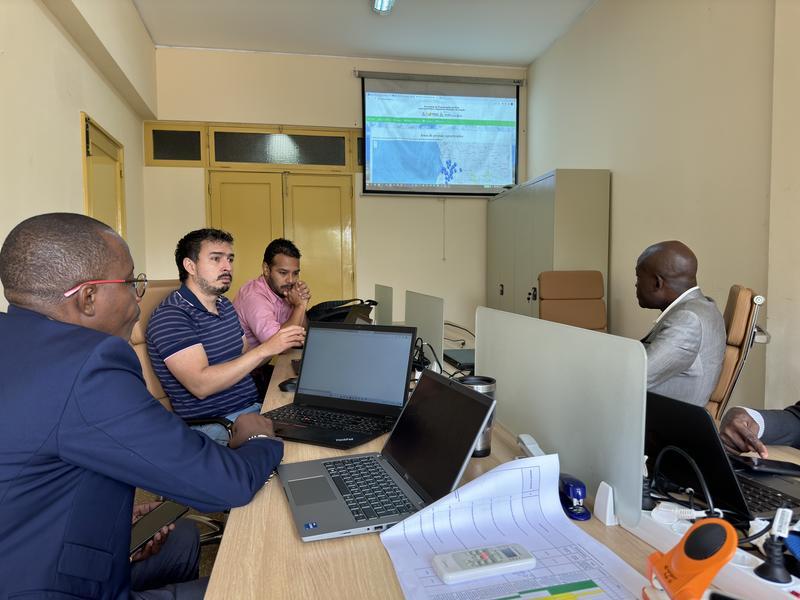
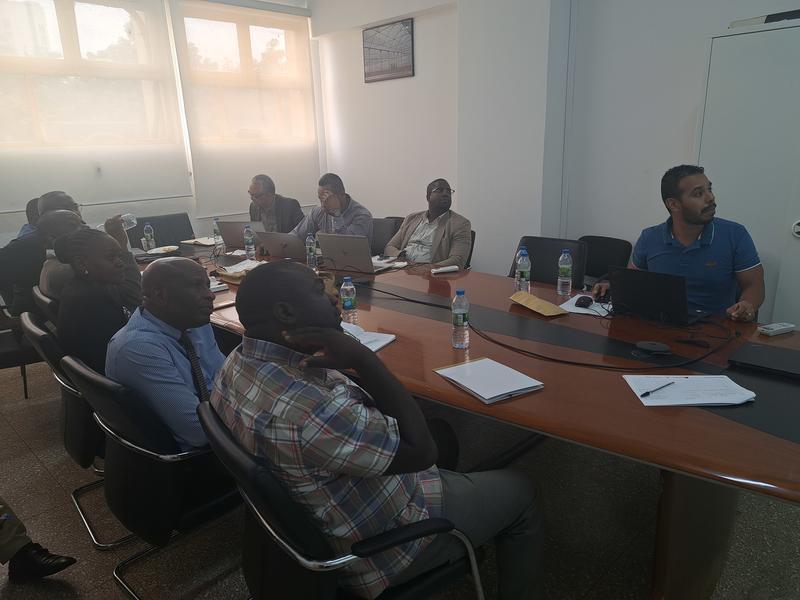
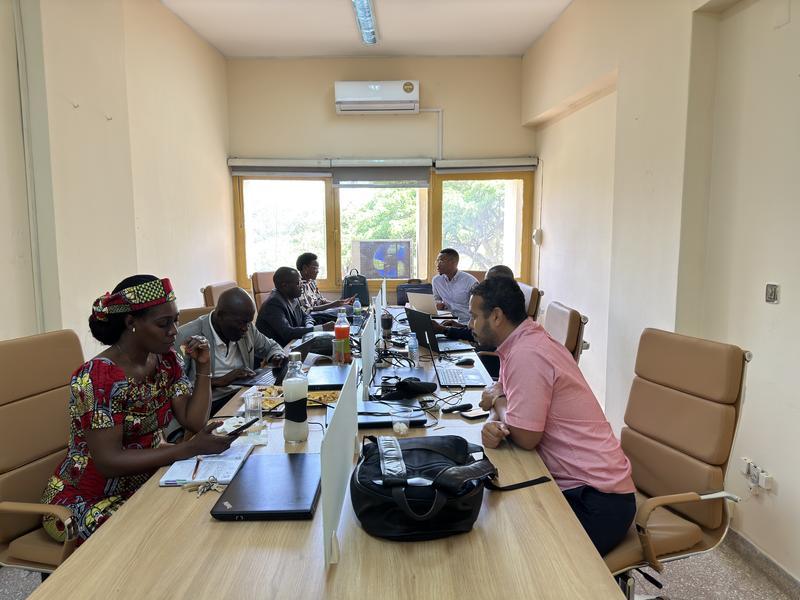
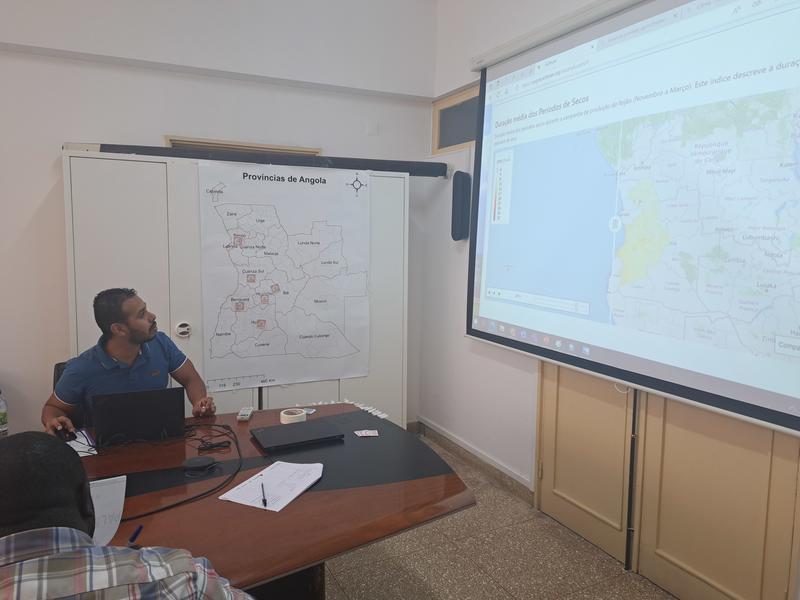
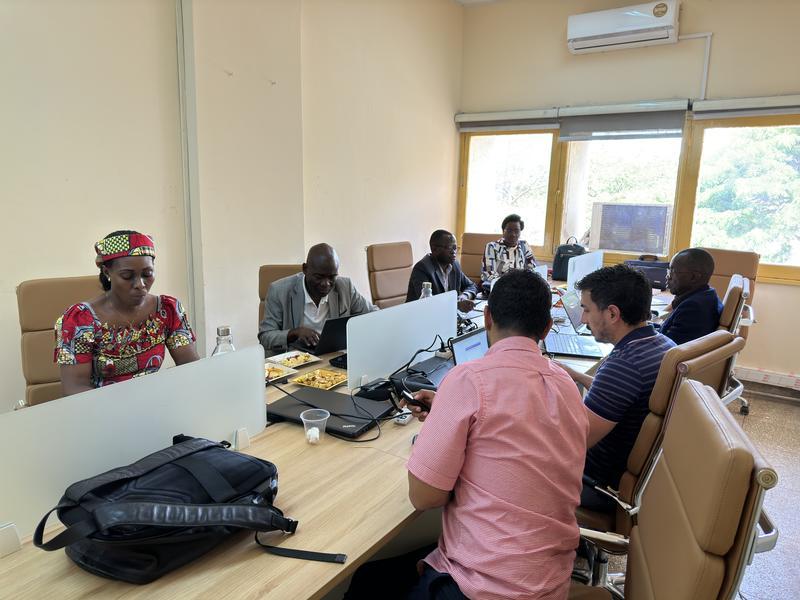
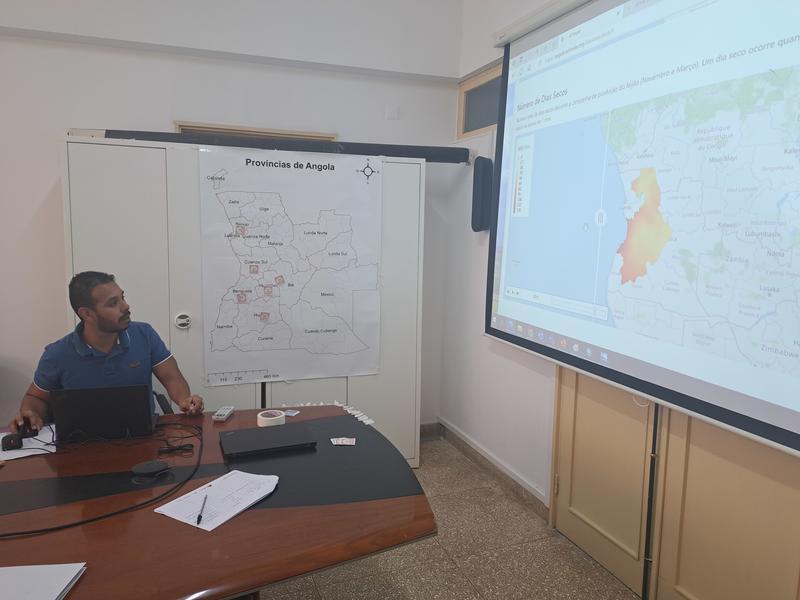
Who will the direct beneficiaries of AClímate in Angola be, and how can they use the information?
In the Angolan context, AClímate is considered a valuable source of information for a variety of key agricultural stakeholders. Let's see who the direct beneficiaries will be, and how they will take advantage of this information:
1. Ministry of Agriculture:
The Ministry of Agriculture will be able to rely on the data provided by AClímate to identify the most propitious times of the year to initiate production processes. This information will allow them to make strategic decisions regarding planting, harvesting and crop management, contributing to a more efficient and productive agriculture.
2. Financial Institutions and Banks:
Financial institutions will be able to use AClímate information to assess the viability of granting loans to farmers. The climate data will help estimate the risks associated with agriculture in a specific region, which will influence financial decision making, benefiting both farmers and lenders.
3. Risk Management Secretariat:
The Risk Management Secretariat will be able to use AClímate information to plan for possible effects of climatic phenomena in various areas of the country. This planning translates into the creation of contingency plans to face situations such as El Niño or other extreme weather events, which improves the country's preparedness and response to natural disasters.
4. Water Resources:
The Water Resources sector will be able to analyze water availability according to climate forecasts provided by AClimate. This is essential to ensure efficient management of water resources, ensuring that there is sufficient water for the needs of the agricultural sector, which contributes to the country's food security.
How was the development process of the platform and its modules for Angola?
The development of AClímate Angola was divided into key stages. First, research was carried out in collaboration with various agricultural institutions in the country to identify agro-climatic risks and the needs of stakeholders in the sector. Next, climatic and agronomic data were collected for modeling analysis. The platform was designed prioritizing accessibility and usability. Models and algorithms were then developed, followed by validation, implementation and testing. Finally, training was conducted for farmers and other stakeholders to teach them how to use it effectively.
For the delivery of the AClímate platform in September 2023, two fundamental preliminary visits were carried out. In the first, close contact was established with members of the grain producers' union, coffee growers and government representatives. During this meeting, specific needs to be addressed by the platform were identified. In addition, a detailed introduction to AClímate, how it works and how it could benefit Angola was provided.
The second visit marked an important milestone by presenting an initial version of the platform and allowing attendees to experience its practical operation. This provided a valuable opportunity to gather feedback and comments from users, which further enriched the development process.
Finally, in the third and last visit, the platform was showcased with the complete agroclimatic indicators module and fully operational seasonal climate forecasts.
How have the results provided by the platform been validated?
As part of the methodology selected to verify the accuracy of the data provided by the platform, a map of Angola was implemented, in which participants had the task of identifying the seasons in which severe droughts or floods had been recorded, marking the affected areas of the country. This activity allowed the validation of the historical information presented by AClímate by verifying its coincidence with the times and locations selected by the participants. This validation process generated trust, a fundamental attribute in the construction of the platform, since it supports the information with rigorous quality analysis and adapts to the needs of the population.
